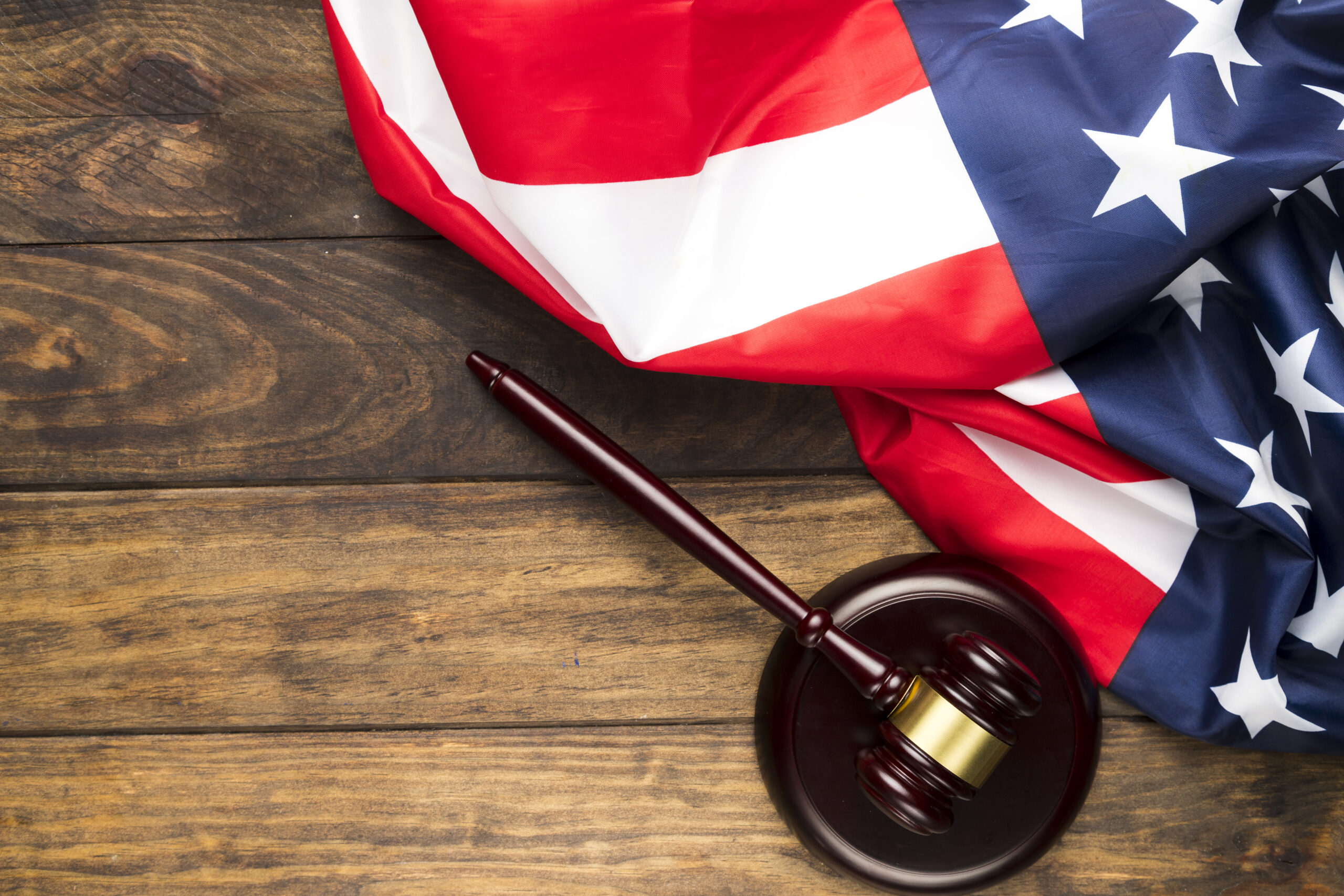Tips and Strategies for Success
Navigating Credit Repair in Maryland
Embarking on the journey of credit repair can be a transformative experience, and for residents of Maryland, understanding the specific landscape is key. In this comprehensive guide, we’ll navigate the intricacies of credit repair in Maryland, offering tips and strategies for success. Whether you’re looking to enhance your credit score, address inaccuracies, or explore personalized credit repair services, this guide is tailored to empower you on your path to financial well-being.
Understanding Credit Repair: A Roadmap to Financial Health
Credit repair involves the process of identifying, disputing, and resolving inaccuracies on your credit report, with the ultimate goal of improving your credit score. In Maryland, as in any state, the Fair Credit Reporting Act (FCRA) protects your right to accurate and fair credit reporting.
1. Know Your Rights under Maryland Credit Laws
Navigating credit repair in Maryland begins with understanding your rights. Familiarize yourself with Maryland credit laws and the protections they provide. The more informed you are, the better equipped you’ll be to address inaccuracies and discrepancies on your credit report.
2. Obtain and Review Your Credit Report Regularly
Regularly obtaining and reviewing your credit report is a fundamental practice in credit repair. You can obtain a free copy of your credit report from each of the three major credit bureaus (Equifax, Experian, and TransUnion) once every 12 months. Check for inaccuracies, unauthorized accounts, or any other discrepancies that may be negatively impacting your credit score. Promptly dispute any errors you identify.
3. Work with Experienced Credit Counselors
Engaging with experienced credit counselors can significantly enhance your credit repair journey. These professionals can provide personalized guidance, helping you understand your credit situation, create a strategic plan, and navigate the complexities of credit repair in Maryland. Consider seeking assistance from non-profit credit counseling agencies or reputable credit repair companies that comply with Maryland’s credit services regulations.
Have questions or need guidance? Our experienced credit counselors are ready to assist you.
4. Utilize Maryland-Specific Credit Resources
Maryland offers specific resources and agencies dedicated to consumer protection and financial well-being. Familiarize yourself with these resources, as they can provide valuable insights, advice, and support as you work towards repairing your credit. Some helpful resources include:
- The Maryland Office of the Commissioner of Financial Regulation: https://www.dllr.state.md.us/finance/
- The Maryland Attorney General’s Consumer Protection Division: https://www.marylandattorneygeneral.gov/Pages/CPD/default.aspx
5. Addressing Collections and Debts Responsibly
If you have outstanding collections or debts, address them responsibly. Work with creditors to negotiate settlements or establish payment plans. Resolving these issues can have a positive impact on your credit score and overall financial health. Thank You Business Results offers personalized debt resolution services to help you manage outstanding debts effectively.
6. Establishing Positive Credit Habits
In addition to addressing negative items, focus on establishing positive credit habits. Make timely payments, keep credit card balances low, and diversify your credit accounts. These habits contribute to a healthier credit profile over time.
Evaluating Credit Scores in Maryland: Factors at Play
- Payment History (35%): Timely payments on credit accounts, including credit cards, mortgages, and loans, positively influence your credit score. Consistent on-time payments contribute to a good credit standing.
- Credit Utilization (30%): This factor assesses the ratio of your credit card balances to your credit limits. Maintaining a lower credit utilization ratio is considered favorable and contributes to a good credit score.
- Length of Credit History (15%): The length of time your credit accounts have been active influences your credit score. A longer credit history is generally viewed positively.
- Types of Credit in Use (10%): Having a mix of credit types, such as credit cards, mortgages, and installment loans, can contribute positively to your credit score.
- New Credit (10%): Opening multiple new credit accounts within a short period can be perceived as risky behavior. This factor considers the number and recency of newly opened accounts.
What is Considered a Good Credit Score in Maryland?
While the FICO and VantageScore ranges provide a general understanding, the definition of a good credit score can vary based on lenders and financial institutions. In Maryland, as in the rest of the United States, a good credit score typically falls within the range of 670 to 739. This range signifies creditworthiness and positions individuals favorably for various financial opportunities.
The Impact of a Good Credit Score in Maryland: Unlocking Opportunities
Achieving and maintaining a good credit score in Maryland can have a profound impact on your financial life. Here’s how a good credit score can unlock opportunities:
- Low-Interest Rates on Loans: Individuals with good credit scores are more likely to qualify for loans with lower interest rates. This includes mortgages, auto loans, and personal loans.
- Favorable Credit Card Terms: A good credit score opens the door to credit cards with attractive terms, such as lower interest rates, higher credit limits, and rewards programs.
- Approval for Rental Housing: Landlords often check credit scores as part of the rental application process. A good credit score can increase the likelihood of securing rental housing.
- Employment Opportunities: Some employers may consider credit history during the hiring process, particularly for positions that involve financial responsibilities. A good credit score can enhance your employability.
- Utilities and Insurance Rates: Utility companies and insurance providers may use credit scores to determine rates. A good credit score can lead to more favorable terms for utilities and insurance premiums.
Conclusion: Navigating Your Path to Credit Success in Maryland
Embarking on the journey of credit repair in Maryland requires a strategic approach and a deep understanding of your rights and resources. By incorporating the tips and strategies outlined in this guide, you empower yourself to navigate the intricacies of credit repair successfully. Remember, credit repair is a gradual process that demands diligence and informed decision-making. As you implement these strategies and work towards improving your credit, you move closer to financial stability and the opportunities that come with a healthy credit score.



